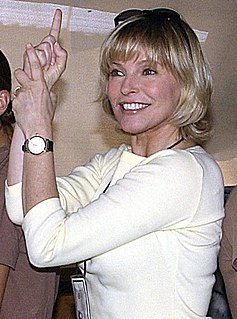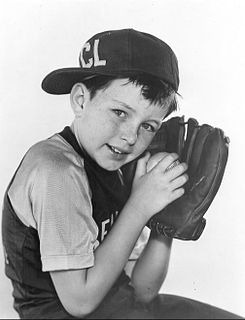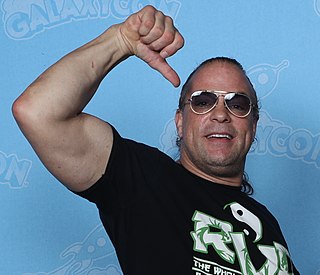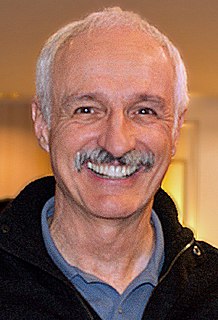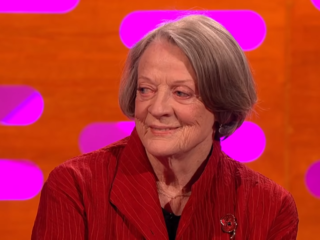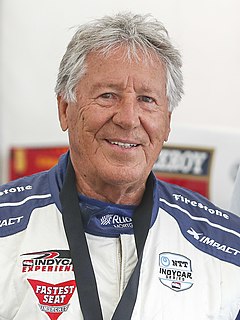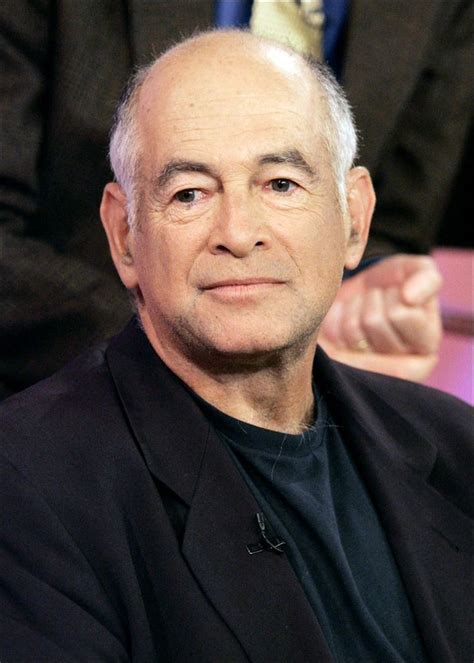A Quote by Frank Gehry
My father was an urchin that lived in Hell's Kitchen. He was part of a family of nine. I mean, there were times that were better and worse, but mostly, by the time we got to L.A., they'd lost whatever they had. And it was a sad time. And both he and I became truck drivers for different companies.
Related Quotes
Unfortunately, this past birthday, my son was up the entire night before, very sick with that horrible - I think it was called the Norovirus or whatever the hell that was that was going around. So I got it. And then my husband [Paul Scheer] got it. We were both fighting it because he had planned this whole day for me, and we were both pretending it wasn't happening. We were literally driving ourselves to a massage and facial that he had planned and at one point, I was like, "I can't drive anymore. I need to get in the passenger's seat."
The family I'm from, well, no one had their name on big buildings. My family were builders of a different kind. Builders in the way most American families are. They used whatever tools they had - whatever God gave them - and whatever life in America provided - and built better lives and better futures for their kids.
There were obvious budgetary and time constraint differences. With Jamie Marks is Dead, we were operating on a pretty small finance level. So it was definitely run-and-gun, 16-hour days, every day. I would come back, and I was so exhausted I would fall asleep in my clothes. Obviously, with The Giver we had a little bit more time to take the full three months. So that was different, but in both there was still a creative environment, and by that I mean that it was still collaborative, performance was still valued, and it wasn't lost in the money.
At first, 'Family Ties' seemed to just be a wonderful project of its time. These were the Reagan years, the new conservatism. Alex P. Keaton quickly became the Fonzie of the '80s, so it seemed very much a product of its time. But I soon began to realize that it went far beyond that. These great family shows transcend whatever time they are in.
And then she thought that you went on living one day after another, and in time you were somebody else, your previous self only like a close relative, a sister or brother, with whom you shared a past. But a different person, a separate life. Certainly neither she nor Inman were the people they had been the last time they were together. And she believed maybe she liked them both better now.
I don't think anyone has ever been in a better place at a better time than I was when I was editor of Vogue. Vogue always did stand for people's lives. I mean, a new dress doesn't get you anywhere; it's the life you're living in the dress, and the sort of life you had lived before, and what you will do in it later. Like all great times, the sixties were about personalities.
My father worked in the Post Office. A lot of double shifts. All his friends were in the same situation - truck drivers, taxi cab drivers, grocery clerks. Blue collar guys punching the clock and working long, hard hours. The thought that sustained them was the one at the center of the American dream.



